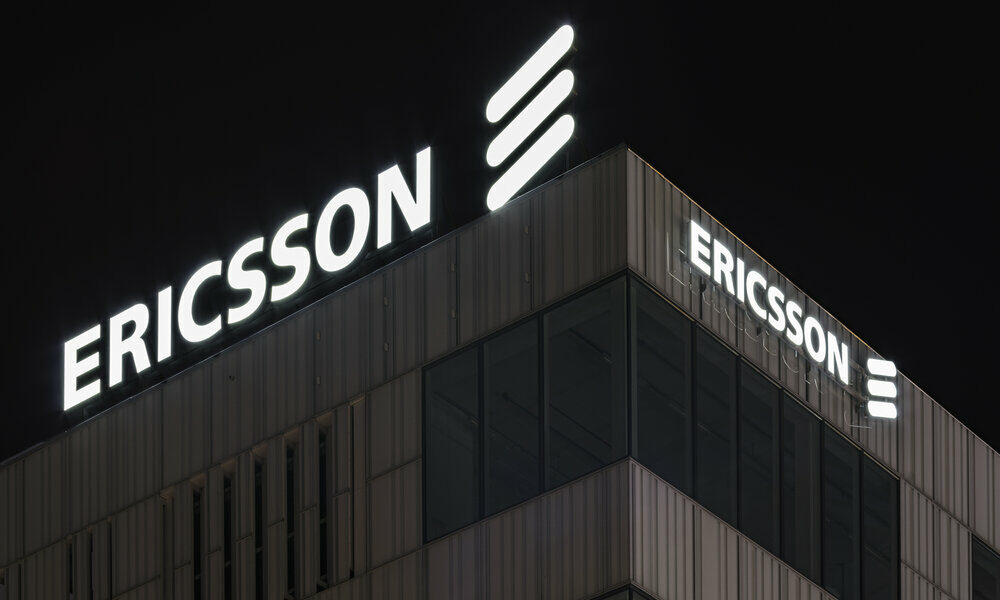
The legal battle that Ericsson and Apple were waging over a patent issue has come to an end, and it has done so in a very productive way for both, since the two companies have closed a license agreement that will allow them to start a new stage.
In case someone is lost, I remind you that the conflict arose from a supposed patent infringement of Ericsson by Apple on their iPhones related to the 5G technologyan issue that had been in court for some time, and which worsened when last January the Swedish company filed a second lawsuit against Apple for a new patent violation.
That second lawsuit, and the fact that 5G has become fundamental in the smartphone sector, should have convinced Apple that it was not worth embarking on not just one but two very complicated lawsuits, and in the end the signing of the Apple has preferred to opt for an agreement of which not many details have been disclosed, unfortunately.
Ericsson has confirmed that this is an agreement with a duration of several years that includes the use of global cross-licensing, and that it covers patented standard essential cellular technologies and also other related patent rights that would obviously be important as well. With this, Apple has its back and should avoid future lawsuits related to 5G.
With that agreement, all legal disputes between the two companies are ended, so yes, this buries “the hatchet.” both companies Cross lawsuits were launchedbut in the end it was clear that the crusade they embarked on was pointless, especially for Apple.
For Ericsson, its patents play a fundamental role in terms of your income. The Swedish company forecast last Friday that it expects to earn 5 billion to 5.5 billion SEK from licensing intellectual property rights, which is equivalent to between $530 million and $578 million.
Since this is a multi-year agreement We do not expect any problems between the two to arise again in the medium or long term. That agreement may cover the entire 5G phase, with the need to renegotiate only when the next mobile standard, known as 6G, is installed.



